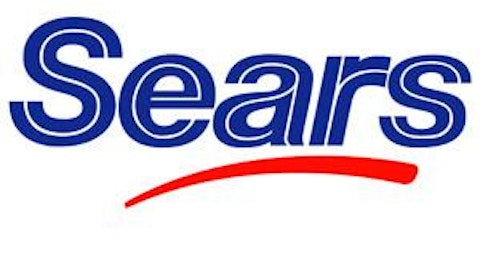
Score a point for Wal-Mart Stores, Inc. (NYSE:WMT). Last week, Washington, D.C., Mayor Vincent Gray vetoed the Large Retailer Accountability Act of 2013, which would have imposed a $12.50 “living wage” upon virtually all new non-union big-box retail stores in the city.
While the bill did not call out any specific retailer, Wal-Mart was clearly the target. Wal-Mart pays entry-level workers less than $10 per hour, and it was in the process of opening its first stores in Washington, D.C. Wal-Mart had protested the bill vigorously, and threatened to pull out of the D.C. market when the City Council passed the bill.
Ultimately, Wal-Mart Stores, Inc. (NYSE:WMT)’s threats — which were probably not a bluff — worked. This highlights the fact that even in a low-growth economic environment, most major cities need big-box retailers more than the big-box retailers need them.
Living wage — but not for all
Unlike most minimum-wage or “living-wage” bills, the Washington, D.C., bill targeted a tiny subset of employers: retail stores of 75,000 square feet or more with non-union workforces operated by companies with at least $1 billion of annual revenue. Moreover, stores that were already open were to be phased into the new wage system over a four-year period.
These bizarre requirements made the bill particularly unpalatable for Wal-Mart. Competitors who already have stores in D.C. would have been allowed to continue paying workers as little as $8.25 an hour for now. New retail stores generally experience a “learning curve” and do not reach peak profitability for several years.
Thus, Wal-Mart would have had an artificial cost disadvantage for the next few years, just at the time when its new stores would be at their least profitable level. Accordingly, officials should not have been surprised when Wal-Mart flatly informed them that it would drop plans for three new stores if the bill became law.
Wal-Mart also put another three stores that were already under construction under review. Moreover, Wal-Mart was not alone: According to Mayor Gray’s letter to the City Council, other large retailers including Target Corporation (NYSE:TGT) and The Home Depot, Inc. (NYSE:HD) expressed that they were unlikely to expand if it meant paying workers at least $12.50 an hour.
Balance of power
Mayor Gray came off as slightly defensive in his letter, stating, “I don’t back down from bullies,” and that pressure from Wal-Mart and other retailers didn’t force his hand. However, that seems to be exactly what happened. Gray simply accepts that big-box retailers would not come to D.C. if they have to pay a special living wage.





